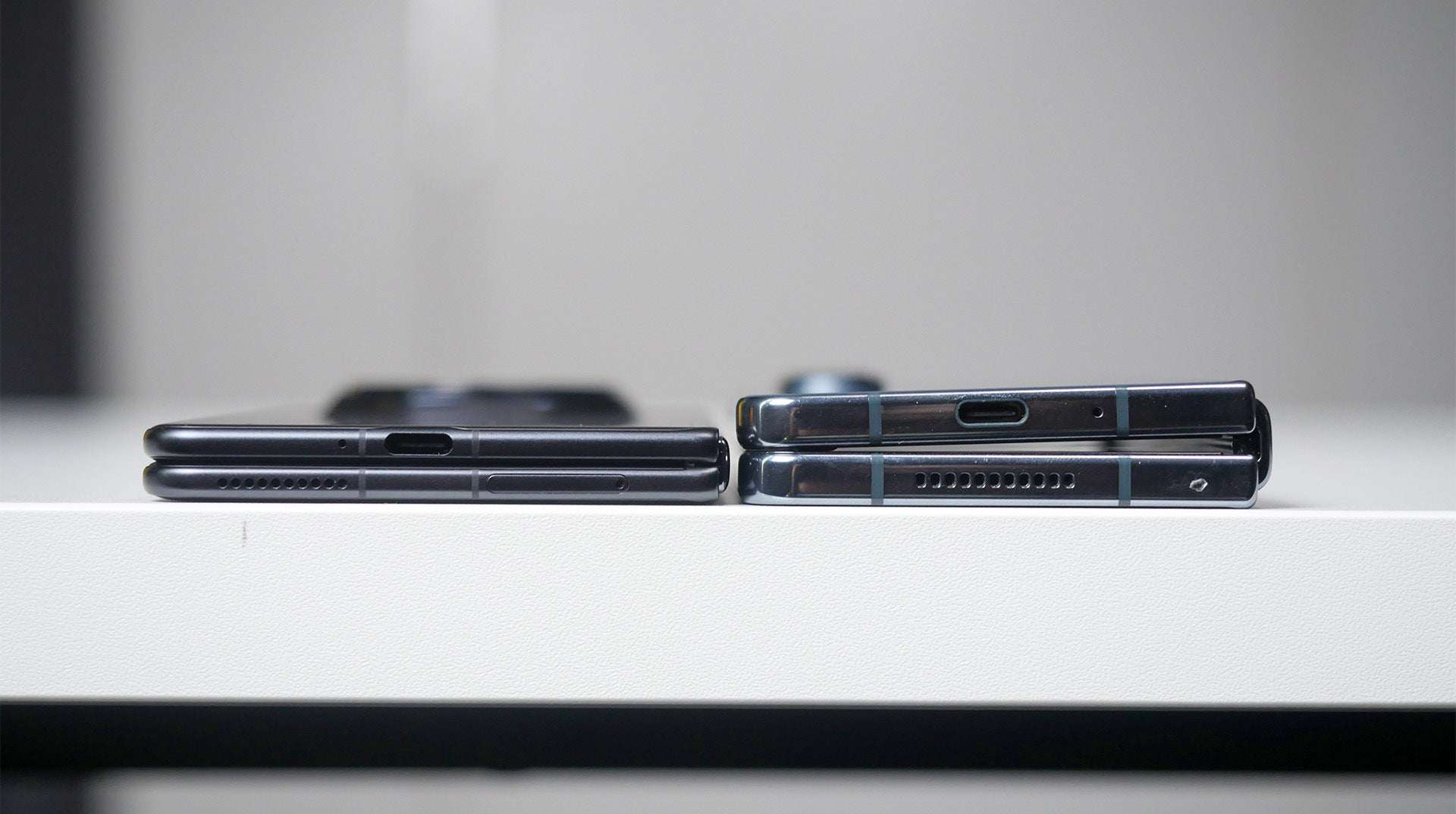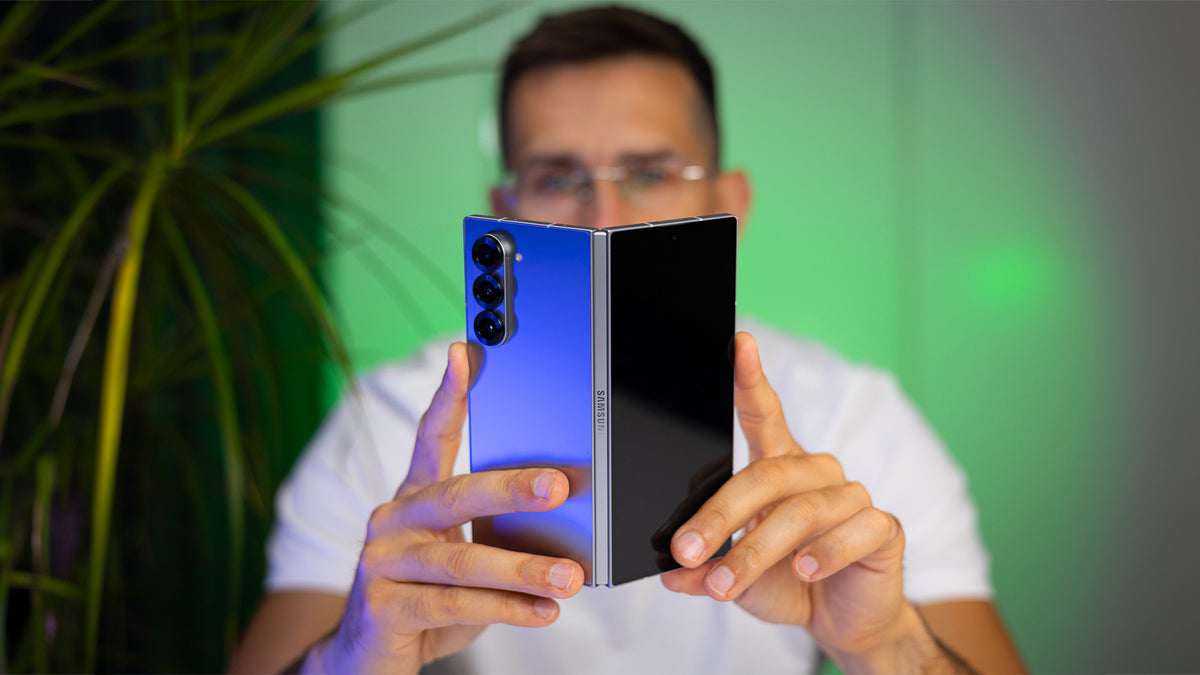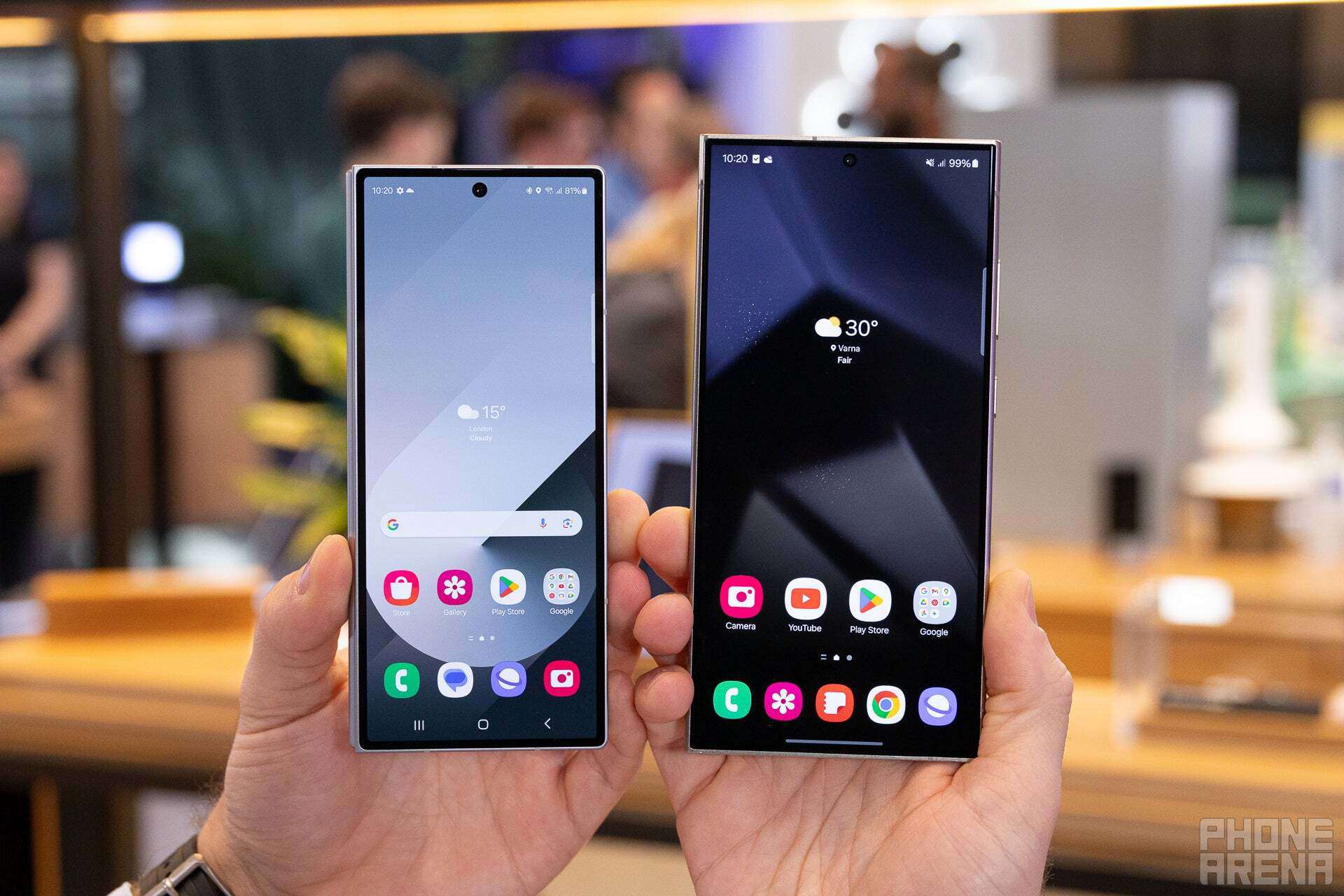According to technology experts, Samsung is "sink" its own foldable screen phones.
Samsung single-handedly created the foldable phone category with the launch of the first Galaxy Z Fold in 2020. But is it slowly killing the foldable phone?!
Illustration photo.
It’s like planting a tree. If you don’t take good care of it, it won’t last long. That’s exactly what happened with the Galaxy Z Fold. Samsung planted the most beautiful “flower” in the world, but then stopped caring for it until it withered.
What is the problem?
The problem with the Galaxy Z Fold 6 has been clear since the first generations, and many people have noticed this: the device is great when opened to a large screen, but the outer screen is too small - difficult to use on the go.
However, instead of listening to feedback and making the necessary changes to its "factory", Samsung stubbornly kept the design almost the same as before.

The design of the Galaxy Z Fold series is not yet complete.
As a result, the Galaxy Fold line failed to meet sales expectations!
Some surveys show that people use their devices in folded mode 70% of the time, and that experience is severely impacted by the tiny external display.
The complex business of foldable phones
Sony has made similar mistakes over the years with its Xperia line. The odd 21:9 aspect ratio and high prices led to poor sales.
Foldable phones, however, are a different story. They’re still a new category. They cost close to $2,000—expensive, and expensive to manufacture. So making them is a risk for any company.

Galaxy Z Fold needs more improvements.
We were all expecting exponential growth in foldable phones. Unfortunately, growth has slowed down in recent years and sales are improving very slowly.
In this limited demand scenario, making foldable phones is risky for any company, and if customers only know the familiar design of the dominant company Samsung, they will be disappointed with the entire segment.
Positive competition
For many average users, foldable phones are unnecessary. In fact, many Galaxy Fold owners quickly switched back to regular phones after just a few weeks of use. If it were just Samsung and no other “competitors,” things might stay that way.
However, the market has seen brands like Xiaomi, Huawei, Honor, Vivo, and Oppo. The fierce competition will push the growth to greatness. Here are the current generations of great foldable phones:
- Honor Magic V3 – 9.3mm thick when folded, 4.4mm thick when opened, weighs only 230g
- Vivo X Fold 3 Pro – has the best camera on a foldable phone, a sturdy hinge and an angled design, making it easier to open
- OnePlus Open – Innovative Canvas interface, allowing great multitasking
- New Huawei Mate XT with tri-fold display, opens into a tablet with a super thin 10-inch screen!
Compared to these new "super products", Samsung's Galaxy Z Fold 6 is quite... outdated.
Samsung's foldable smartphone now has the strongest hinge on the market, allowing for cheaper screen repairs. It also has some water resistance and is even protected from some particles (not just fine particles like dust).
However, before new products like the Google Pixel 9 Pro, the Galaxy Z Fold 6 has officially met its "rival".
Samsung should quickly improve its "baby", experts say. It cannot threaten the entire foldable phone market, but it can slow down the market and risk its own success.

